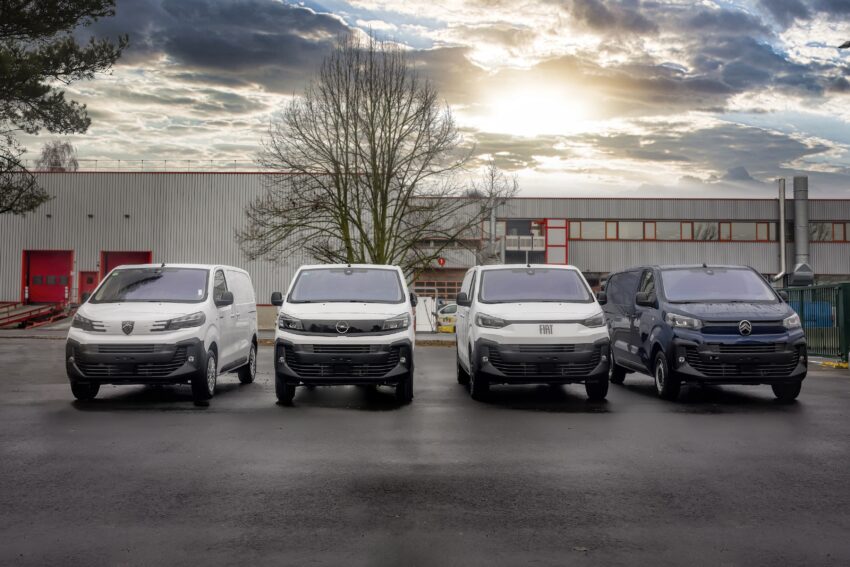
Stellantis ditches hydrogen vans to focus on electric
Automotive giant Stellantis has scrapped plans for hydrogen fuel cell vans just months before a planned European roll-out.
The group behind Peugeot, Citroen, Vauxhall and Fiat vans said there was “no prospect” of medium-term economic viability in its hydrogen Pro One programme. Instead, it said it would focus its emissions-reduction projects on its all-electric and hybrid commercial vehicles.
Stellantis chief operating officer for Europe Jean-Philippe Imparato said that a lack of infrastructure, high investment costs and lack of customer interest led to the decision to scrap the light commercial vehicle (LCV) project.
He said: “In a context where the company is mobilising to respond to demanding CO2 regulations in Europe, Stellantis has decided to discontinue its hydrogen fuel cell technology development programme.
“The hydrogen market remains a niche segment, with no prospects of mid-term economic sustainability. We must make clear and responsible choices to ensure our competitiveness and meet the expectations of our customers with our electric and hybrid passenger and light commercial vehicles offensive.”
The Pro One project was well-progressed and series production of medium and large vans was due to get underway this summer in France and Poland. Imparto said that the decision would not affect staffing at Stellantis production sites, and the research and development activities would be redirected to other projects.
Stellantis already has a substantial all-electric LCV offering. Its own brands offer small, medium and large electric vans which dominate the market. It also supplies rebadged versions of these vans to Toyota, which sells them under the Proace family, and will soon start supplying Iveco on a similar basis.
Hydrogen is seen by some as a viable alternative to battery electric vehicles, especially in the commercial vehicle sectors where the ability to carry heavy loads and quickly refuel are vital. Toyota is using FCEV technology in HGVs running along key routes between its European factories and continues to work on a hydrogen-powered Hilux pick-up truck.
The Japanese brand also still produces the Mirai hydrogen fuel cell car and Hyundai’s FCEV Nexo has just entered its third generation. BMW also remains committed to launching a hydrogen full cell car in the next two years. Stellantis also hasn’t completely closed the door on the technology, simply noting that it won’t happen before the end of this decade.
However, there remain issues. Unless fully renewable energy is used to produce the liquid hydrogen, the process can generate significant levels of CO2. There are also problems with producing it in high enough volumes to meet demand and a lack of infrastructure to deliver it.